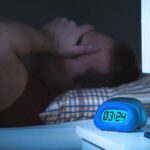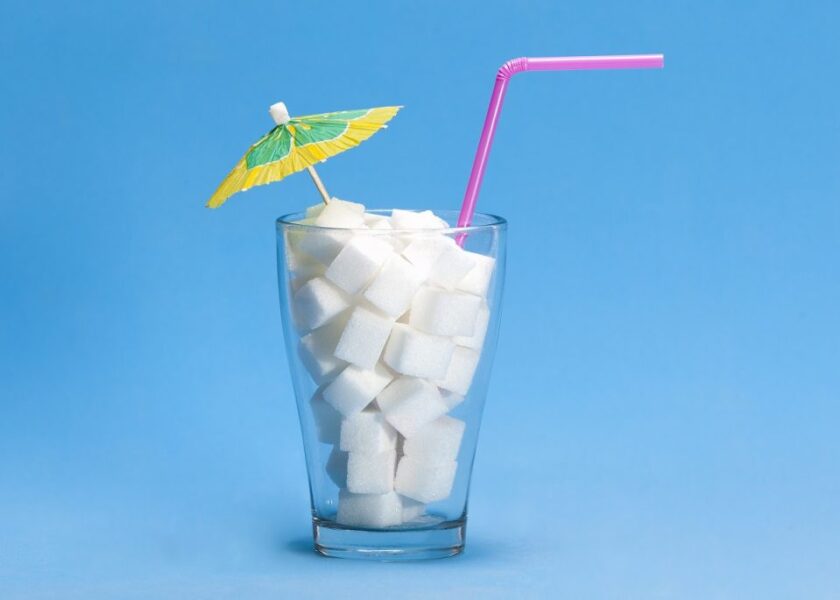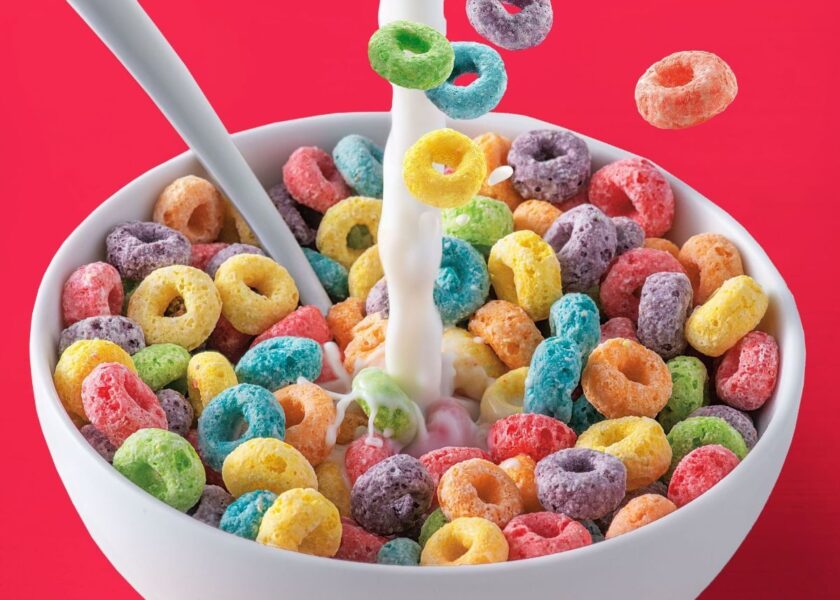If you find yourself needing a cup of coffee to start your day, you are not alone. Every day, about 90% of Americans consume some form of caffeine. More than half of the adults in the country consume 300 milligrams a day, making it America’s most popular drug.
75% of people that drink coffee are addicted to it.
As popular as caffeine is today, it is till wreaking havoc on our bodies and nervous system.
- While caffeine is a common tool to promote wakefulness in the morning and curb that mid day crash, it comes with side effects, like jitteriness, headaches, and nervousness.
- Caffeine is a stimulant, which means it increases activity in your brain and nervous system.
- It can also interfere with sleep, especially if consumed too late in the day. Caffeine affects sleep by blocking sleep-promoting receptors in your brain called adenosine receptors (a sleep enhancing chemical).
- Caffeine promotes under-eating by reducing our hunger hormone levels, Ghrelin.
- Lastly, caffeines ends a signal to your stomach to release gastrin. This kicks off a wave of contractions in your gut called peristalsis. Peristalsis moves food and liquid through the intestines and for some, this leads to a trip to the bathroom in just a few minutes.
Caffeine consumption can make you fall asleep later, sleep less hours overall, and make your sleep feel less satisfying. Hence why you wake tired. It can also reduce the amount of deep sleep you get, which is a critical stage of the healing/repair time needed to feel refreshed the next day.
This week, I want to challenge you to cut out coffee completely and see what changes.
Do you:
- Fall asleep faster?
- Feel less anxious?
- Have a bigger appetite?
- Experience constipation?
If you experience a massive difference, let us know!






